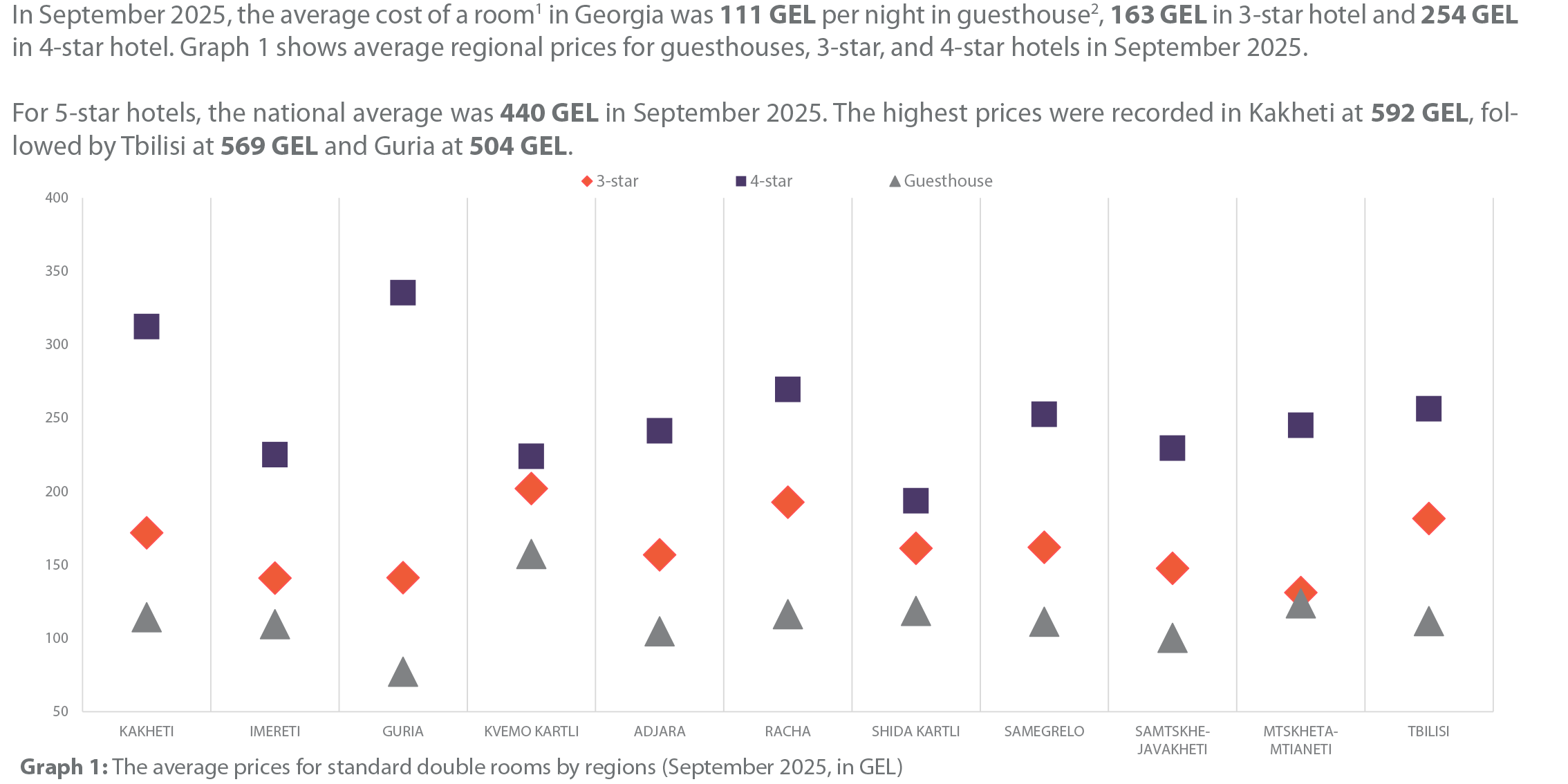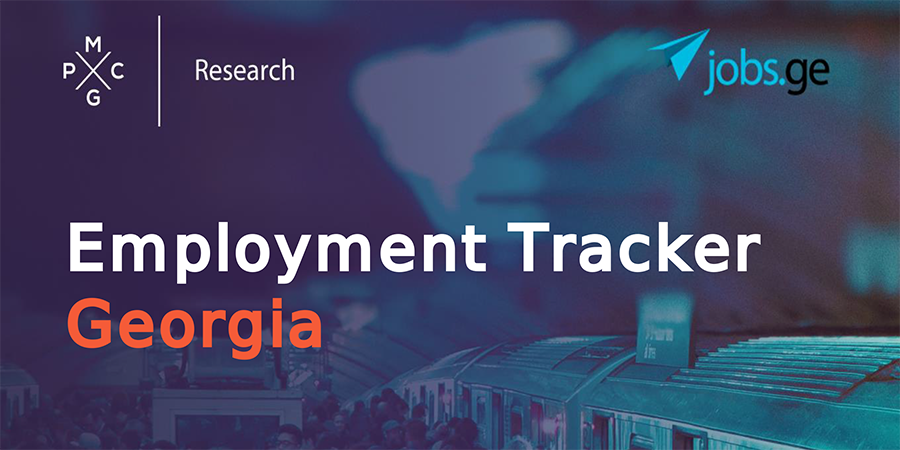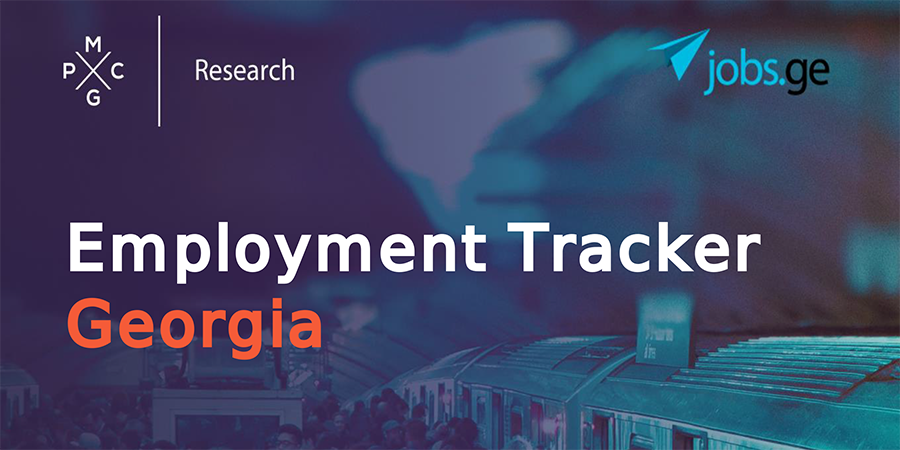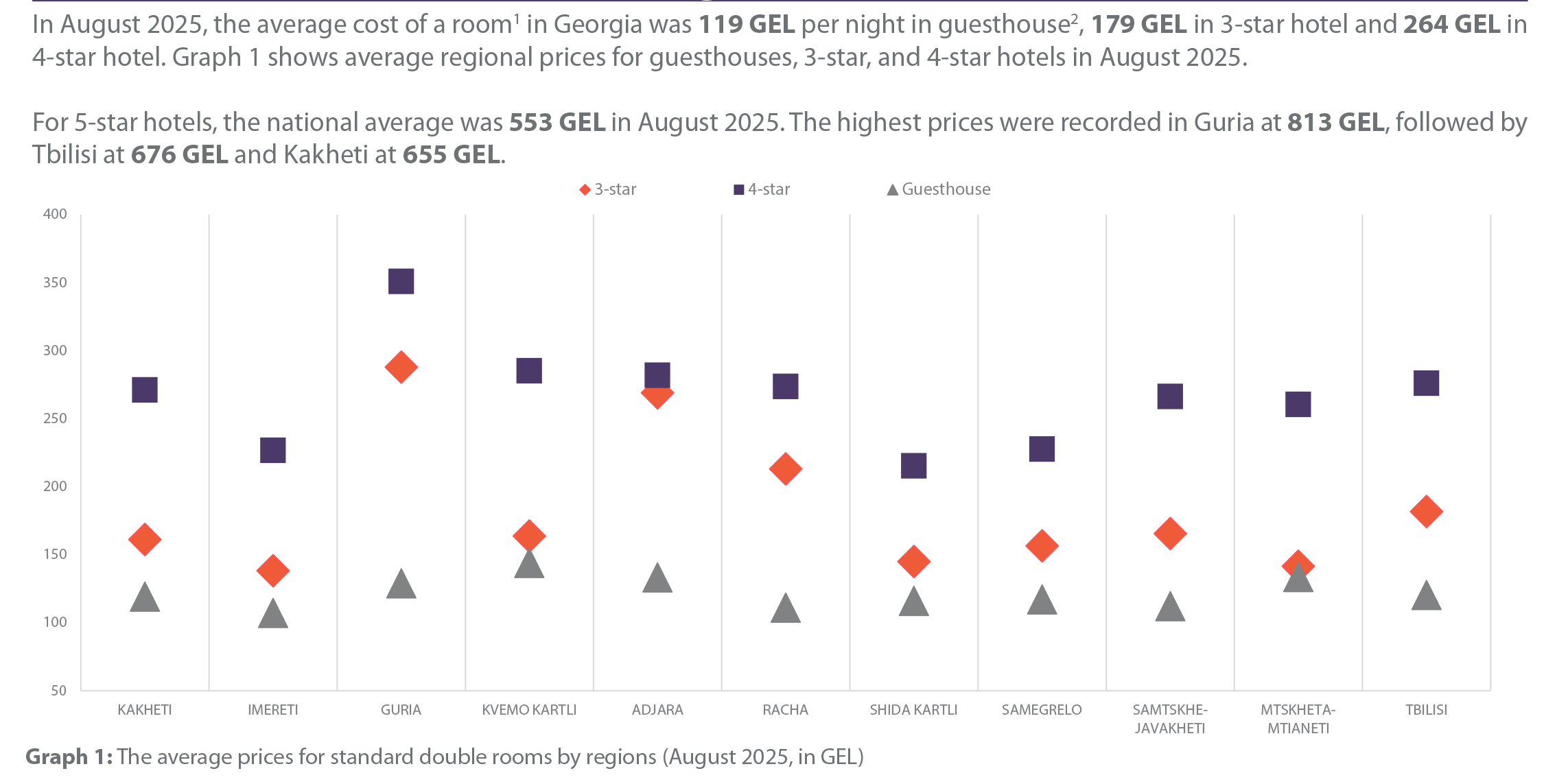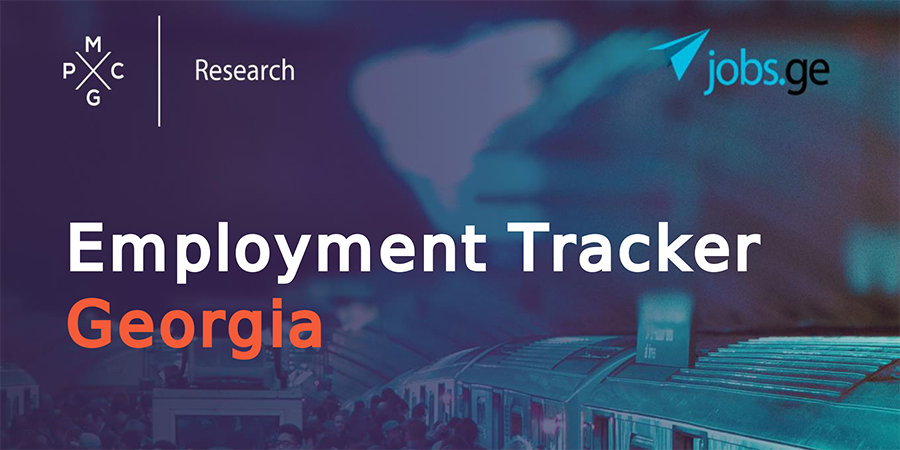
Supporting Government of Georgia to Enhance Human Capital
Sep, 2018
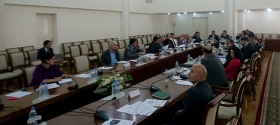
Assisting the Government of Tajikistan to Strengthen Strategic Planning
Aug, 2018
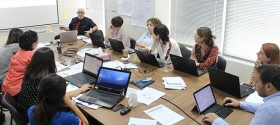
All Set to Become USAID Prime Contractor
Aug, 2018

Value Chain Analyses of Broccoli, Mandarins and Raspberries in the Regions of Georgia and their Potential on the EU Market
Aug, 2018

“The Georgian Example” – USAID Video about how Membership of Open Government Partnership Facilitated Significant Development
Aug, 2018
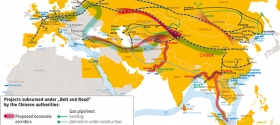
Analyzing the Impact of the Belt and Road Initiative (BRI) in the South Caucasus
Aug, 2018
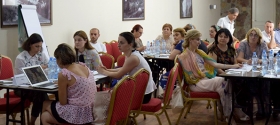
The Role of Civil Society Organizations in the Implementation of the DCFTA
Aug, 2018

PMC Research Awarded Again for its Transparency
Jul, 2018
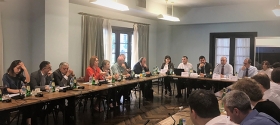
New Simplified Financial Reporting Standard for MSMEs
Jul, 2018
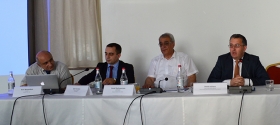
Discussing How to Fight Corruption in Armenia
Jul, 2018










